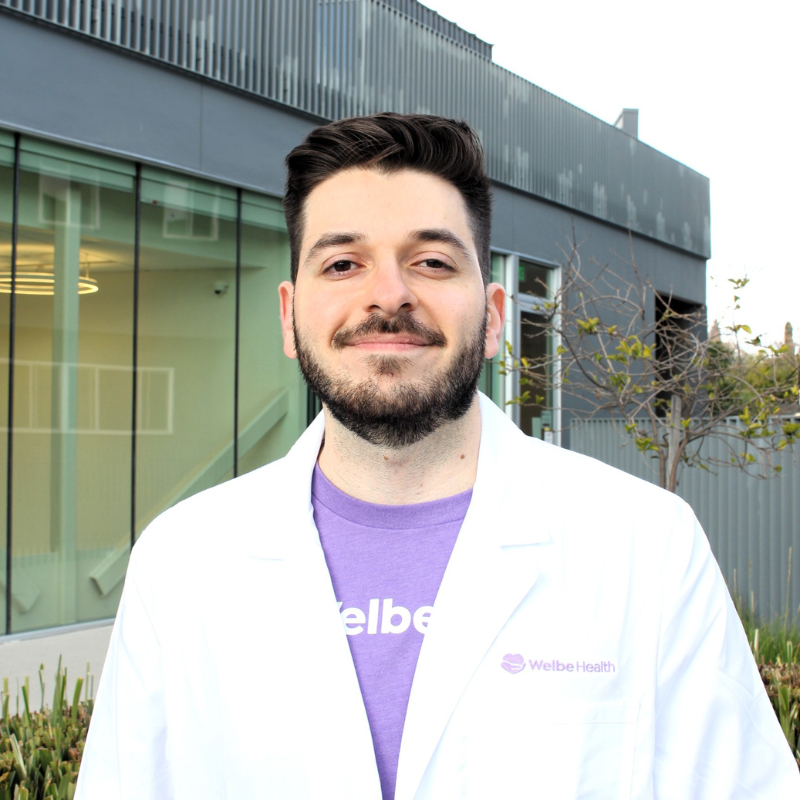Self-Care for Seniors: Simple Tips to Boost Mental Well-Being
Taking care of your mental health is important at any age, and seniors can especially benefit from simple self-care tips. These tips can help improve mood, increase energy, and support a healthy mind. Here are a few simple recommendations to think about:
Stay Active
- Daily Walks: Walking is one of the easiest ways to stay active. Aim for a 20-minute walk around your neighborhood or in a park. Walking helps clear your mind and boosts your mood.
- Chair Exercises: If walking is challenging, try chair exercises. These can include leg lifts, arm circles, and gentle stretches. Chair exercises improve flexibility and strength while being easy on the joints.
Eat Well
- Healthy Fats: Omega-3 fatty acids found in fish like salmon and tuna are known to improve brain function. Incorporate these healthy fats into your diet for optimal mental well-being.
- Balanced Meals: Eating a variety of fruits, vegetables, and whole grains can boost your mental health. These foods provide essential nutrients that support brain function.
- Stay Hydrated: Drinking enough water is crucial. Aim for 6-8 glasses a day to keep your body and mind hydrated and functioning well. Avoid sugary drinks and excessive caffeine, as these can negatively impact your mood and energy levels.
Connect with Others
- Regular Phone Calls: Talking to family and friends regularly can lift your spirits. Schedule weekly phone calls or video chats to stay connected.
- Join a Club: Find a local club or group that interests you, such as a book club or gardening group. Socializing with others who share your interests is a great way to make new friends and feel part of a community.
Practice Mindfulness
- Deep Breathing: Spend a few minutes each day focusing on your breath. Inhale slowly through your nose, hold for a moment, and exhale through your mouth. Deep breathing helps reduce stress and calm the mind.
- Simple Meditation: Set aside ten minutes a day to sit quietly and focus on a peaceful image or thought. Meditation can improve focus and reduce anxiety.
Keep Your Mind Engaged
- Puzzles and Games: Engage your mind with puzzles, crosswords, or board games. These activities can improve memory and problem-solving skills.
- Learn Something New: Consider learning a new hobby or skill, like painting or playing an instrument. Learning stimulates the brain and keeps it active.
Maintain a Routine
- Set a Schedule: Having a daily routine provides structure and purpose. Try to wake up, eat, and go to bed at the same time each day. A consistent routine helps regulate your body’s internal clock.
- Plan Activities: Make a list of activities to look forward to each week, whether it’s a new recipe to try or a movie to watch. Planning enjoyable activities can create a sense of anticipation and joy.
Take Time for Yourself
- Quiet Time: Spend some time each day doing something you love, like reading a book or listening to music. Quiet time allows you to relax and recharge.
- Nature Time: If possible, spend time outdoors. Sitting in a garden or walking in nature can lift your mood and provide a sense of peace.
Get Enough Sleep
- Create a Bedtime Routine: Establish a calming bedtime routine, such as taking a warm bath or reading a book. This signals to your body that it’s time to wind down.
- Limit Screen Time: Try to avoid screens before bed, as the light can interfere with sleep. Instead, listen to relaxing music or a calming audiobook.
Seek Support
- Talk to Someone: If you feel overwhelmed, it’s okay to talk to someone about how you’re feeling. This could be a friend, family member, or professional. Sharing your thoughts can provide relief and guidance.
- Access Resources: Many communities offer resources and support for seniors. Check your local community center or library for workshops and classes that focus on mental health and well-being.
Taking care of your mental health doesn’t have to be difficult. By adding these simple self-care tips into your daily routine, you can enhance your mental well-being and enjoy a more fulfilling life. Remember, taking small steps every day can make a big difference in how you feel. Embrace these tips and discover what works best for you, because caring for your mind is just as important as caring for your body.
It’s your life. Live it your way.
WelbeHealth provides full-service healthcare and personalized support to help you age well at home and in your community. Our Program of All-Inclusive Care for the Elderly (PACE) meets the changing needs of seniors, often at no cost. To see if you qualify, visit: welbehealth.com/contact






































































